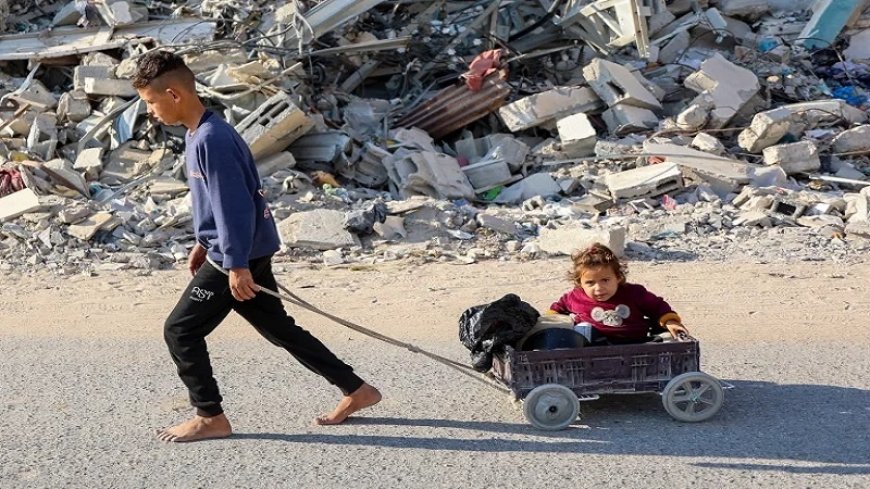UNICEF launches appeal to raise $10 billion for children affected by conflict
The appeal of UNICEF coincides with an all-time high for world humanitarian needs. Millions of children without basic needs result from conflicts in areas like Sudan and Gaza mixed with natural calamities and economic unrest. Millions of people lack access to education, a basic right; malnutrition rates are skyrocketing.

The appeal of UNICEF coincides with an all-time high for world humanitarian needs. Millions of children without basic needs result from conflicts in areas like Sudan and Gaza mixed with natural calamities and economic unrest. Millions of people lack access to education, a basic right; malnutrition rates are skyrocketing.
Children growing up in these surroundings endure unthinkable suffering. Malnutrition hampers development and growth; lack of clean water fuels fatal infections; and the trauma of violence sometimes leaves profound psychological scars. Still, the global reaction is uneven; many crises suffer from ongoing underfunding.
Why It Matters?
The UNICEF campaign is a cry to the world to give children top priority in the struggle against poverty and violence, not only a call to donations. Children represent the future of their countries, not only victims. Ignoring their demands helps to create instability and cycles of violence, therefore damaging long-term peace and progress.
But UNICEF's petition also highlights more fundamental shortcomings in world government. The growing scope of humanitarian crises suggests a lack of efficient conflict resolution systems and an international community sometimes acting reactively instead of proactively.
An Evaluation of Worldwide Solidarity
Although UNICEF's initiatives are admirable, their effectiveness depends on governments, corporate sponsors, and international organizations' resolve to step up. Ensuring continuous funding for child welfare projects would be difficult given global attention divided among several problems, from the continuing war in Ukraine to the climate disaster.
Ignoring the suffering of these children is not a choice, though. The world community has to come together behind projects like these if it really values human rights, the ideas of equality and fairness, Ignoring this would not only betray millions of youngsters but also run the danger of upsetting already unstable areas.













































